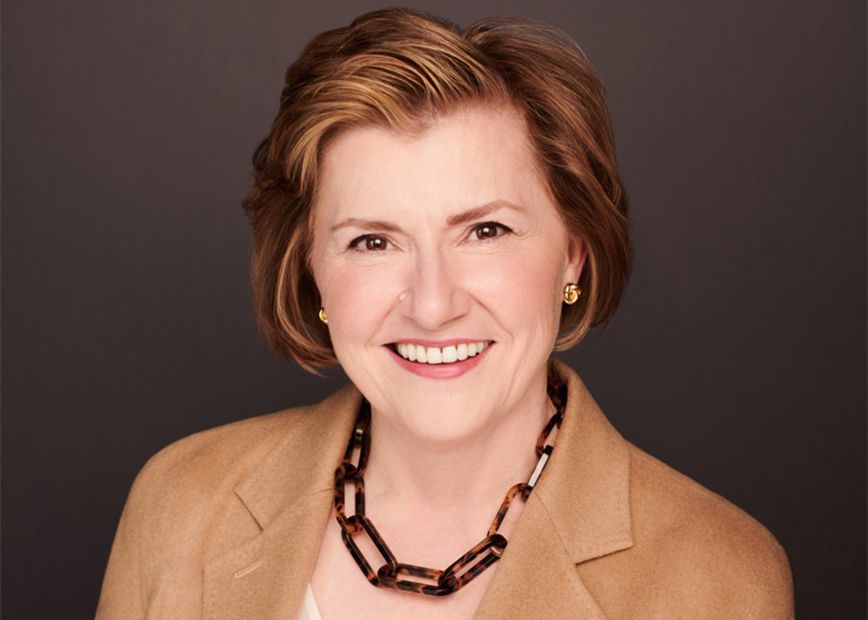Article
Counterfeit pillmaker was operating in New Jersey, alleges NYC district attorney
Counterfeit Xanax (alprazolam), plus meth and other controlled substances, were sold on the dark web
A major drug-ring takedown occurred in the past week in New Jersey, initiated by the District Attorney of New York, plus the US Secret Service and US Postal authorities. According to DA Cyrus Vance, the seizures involved “the largest quantity of pills in New Jersey State history, including approximately 420,000 to 620,000 alprazolam tablets, as well as approximately 500 glassines of fentanyl-laced heroin and quantities of methamphetamine, ketamine, gamma hydroxybutyric acid (GHB), and more.” Four pill presses, two industrial mixers, and a quantity of cryptocurrency were also seized; three individuals now face conspiracy, money laundering and other charges. Other elements of the drug production involved the purchase of bulk microcrystalline cellulose (a pill binding agent) and bulk alprazolam from China, according to press reports.
Selling counterfeit controlled substances in the US has been going on for years and throughout the current opioid-abuse crisis; at certain times and in certain places, drugs that appear to be prescription-sourced sell for a premium over unmarked pills. What is unusual is to hear about a domestic pillmaking operation; and that the drugs were distributed to 43 states via the US mail. Since the sales were consummated on the dark web, and with the use of cryptocurrencies, the alleged drug dealers converted the currency to cash by creating debit cards that were then used at ATMs (and this is how the ring was brought to light, when NYC investigators noted the unusual degree of cryptocurrency transactions, amounting to over $1 million).
“Dark web operators should know when you make the US Mail a party to your illicit deeds, you bring not only Postal Inspectors but the full weight of law enforcement to stop you in your tracks,” asserted US Postal Inspection Service manager, Edward Gallashaw, in a statement about the arrests. The postal service has been beefing up its investigatory resources lately—one countermeasure against the opioid crisis—but if more states go the route of encouraging drug imports from Canada, as Vermont, Utah and Florida are threatening to do, postal inspectors’ hands are going to be full going forward.
Newsletter
Stay ahead in the life sciences industry with Pharmaceutical Commerce, the latest news, trends, and strategies in drug distribution, commercialization, and market access.





